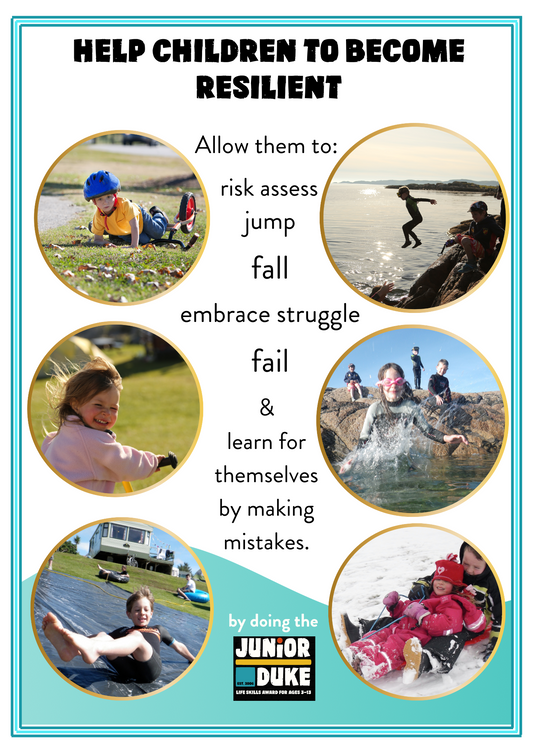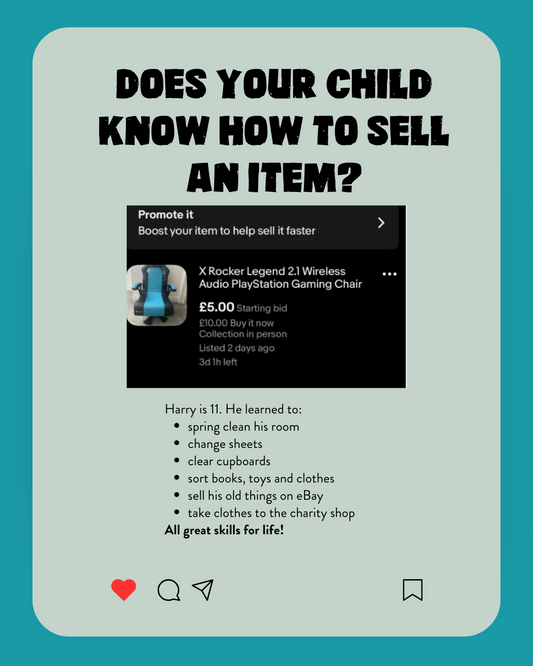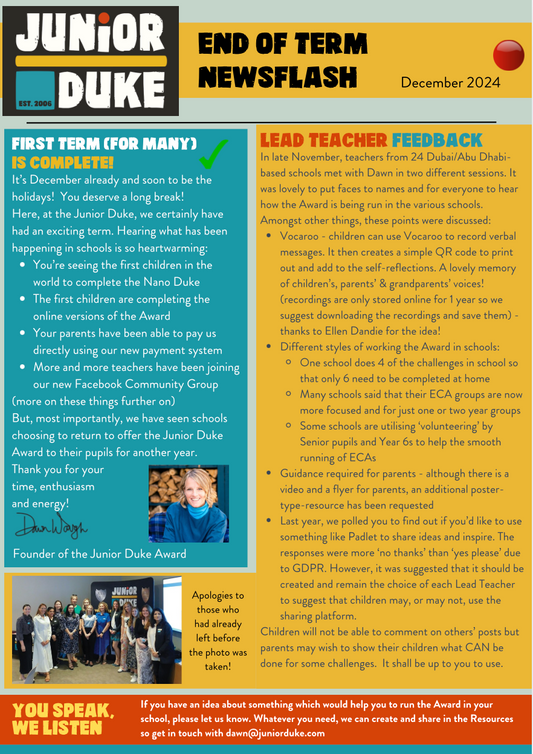Glasgow UK, November 2025
Teachers and school nurses across the UK, and internationally, are raising the alarm. While cuts, bruises and asthma used to dominate school medical rooms, the overwhelming focus today is on mental health. Increasing numbers of children are missing lessons (sometimes days or weeks of school) due to anxiety and the impact is rippling far beyond the classroom.
“Facing challenges and distress is normal and important in terms of individual growth. That’s how young people develop emotional resilience,” said Professor Andrea Danese, one of the UK’s leading experts in child and adolescent psychiatry at King’s College London. “They learn coping skills in the face of many small challenges and build self-confidence about their ability to cope. The narratives we build matter.”
According to NHS England, more than 600,000 young people aged 15 to 25 in England were prescribed antidepressants in 2023–24, with thousands more treated for anxiety. Educators warn that mental health support services are stretched thin, while employers express concern that many school-leavers lack the resilience and coping skills essential for adult life.
While smartphones and social media are often blamed, many experts believe that overprotective parenting also plays a role. By shielding children from distress, frustration and disappointment, adults may be unintentionally preventing them from developing the self-confidence that comes from overcoming challenges.
Have schools gone too far by taking the competitive element away from sports days by saying that everyone’s a winner? Is this kind of behaviour helping or hindering our children’s wellbeing?
“Life is competitive. Sometimes you win, sometimes you don’t. Learning to cope with small setbacks is how we prepare young people for the real world,” said Dawn Waugh, Founder of the Junior Duke Award.
The Junior Duke Award offers a simple, fun and proven framework to help schools and families build resilience and healthy coping strategies in children aged 3 to 13.
Through ten progressive levels, pupils complete hands-on life skills challenges such as cooking, budgeting, first aid, public speaking and practical problem-solving. Each completed level earns a certificate and a metal badge. Schools can deliver the programme in class or in partnership with parents at home.
Parents consistently report that the Award gives them a practical roadmap for supporting their child’s independence and a reminder to step back and allow “the struggle” that leads to growth.
“When children are allowed to fail safely and try again, they develop the very coping mechanisms they’ll need throughout life,” added Dawn. “Resilience isn’t taught through lectures; it’s lived through experience.”
Implementing the Junior Duke Award helps create a school culture where challenge, perseverance and wellbeing coexist. It provides educators and parents with tools to help young people manage everyday stress and recognise that anxiety can be a healthy, normal part of growth.
Schools interested in learning more about how to introduce the Junior Duke Award can get in touch to explore training, materials and support for their staff.
About the Junior Duke Award
The Junior Duke Award is a life skills and resilience programme for children aged 3–13. Used in thousands of schools across the globe, the Award helps children build independence, confidence and perseverance through practical challenges that complement academic learning.
Media Contact
Dawn Waugh
Founder of the Junior Duke Award
📧 dawn@juniorduke.com
🌐 www.juniorduke.com
📞 +44 (0)7870440103








